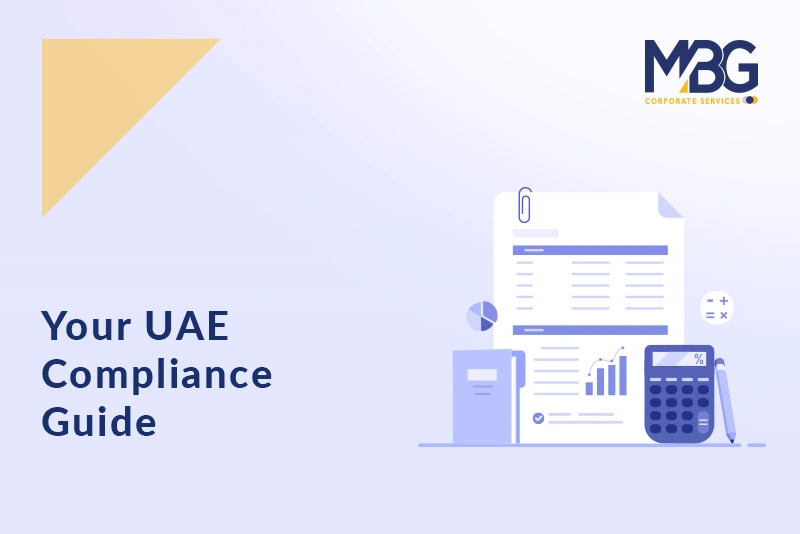What is a Compliance Audit? A Guide for UAE Businesses in Regulated Sectors

The regulatory environment of the United Arab Emirates (UAE) is changing rapidly. In this changing scenario, one thing that has become important for businesses is compliance audit. What is it? Why does it matter? What are the benefits of doing a compliance audit? Who should do it? And, how can businesses get compliance audits done? Find out everything in this comprehensive guide for UAE businesses in regulated sectors.
What is a Compliance Audit?
A compliance audit is a thorough examination of your company’s business processes and practices. It is done to check whether your company is following the specific laws and regulations set by local authorities in the UAE. It verifies a company’s compliance with tax laws, anti-money laundering guidelines, reporting requirements under International Financial Reporting Standards (IFRS), and other regulatory frameworks.
It assesses key factors such as whether your company has good internal controls in place, are the financial records accurate and in line with the law and international standards, is your company maintaining compliance with local law, are contractual obligations being met, etc.
A compliance audit brings transparency and responsibility to business operations. It minimises legal risks and increases operational efficiency in businesses. Not just that, it gives assurance to stakeholders that a business complies with corporate governance and industry standards. This builds trust among the stakeholders.
Who needs to do a Compliance Audit?
Mostly, compliance audits are important for government bodies and financial institutions. It confirms that their everyday operations meet the legal guidelines laid by the authorities. Other businesses that should get compliance audit done are:
- New businesses – to ensure that they are following the correct path from day one.
- Growing or expanding businesses – to identify operational strengths and weaknesses beforehand.
- Responsible businesses – to show transparency in their business operations and gain trust of investors, regulators and other stakeholders.
- Regulated businesses – to gain confidence in their operations and prevent risks and costly penalties.
Internal Compliance Audit Process
Now that you know who needs to undertake compliance audit, let us see how compliance audit services are provided. The process can be little bit different for each service provider but major steps are as follows:
Step 1: Comprehensive review
The compliance audit process begins with an in-depth review of how well your company is complying with the applicable laws and regulations. It examines your business and financial operations. All policies and procedures are reviewed to understand how well they meet the compliance framework.
Step 2: Identify gaps
A detailed risk assessment is done to identify any compliance gaps and weaknesses. It is an important step as it helps companies to run smoothly without costly mistakes. It also helps companies implement risk management strategies.
Step 3: Prepare report
All documents are collected and a detailed audit report is prepared listing out the findings of the audit. It mentions the non-compliance risks and issues that can become a problem going forward.
Step 4: Suggest improvement
After problem areas are identified, suggestions for improvement are given with clear objectives. It helps companies to improve their compliance and work on the possible issues to meet best industry practices.
Benefits of Audit and Assurance Services
Compliance audit brings many advantages for businesses.
- A strong compliance record increases credibility of businesses and builds trust among investors, customers and regulatory authorities.
- It helps to improve compliance and overall governance in the organisation.
- It enables organisations to follow relevant law and regulations specific to their industry.
- It identifies and fixes compliance risks early on before they become a headache for the company.
- It protects companies from potential risks and financial penalties.
- It improves internal operations and policies of the organisation.
- It streamlines internal processes to match the best standards.
- It brings a culture of compliance and supports business growth.
- It minimises the chance of future violations.
- It helps in business expansion as compliance audit is often a requirement in free zones like Dubai International Financial Centre (DIFC) and The Dubai Multi Commodities Center (DMCC).
If you want to get a compliance audit done, contact MBG Corporate Services. Our experienced team will assess your compliance status and suggest improvements to avoid financial risks. We lay out a clear roadmap for your business success.







